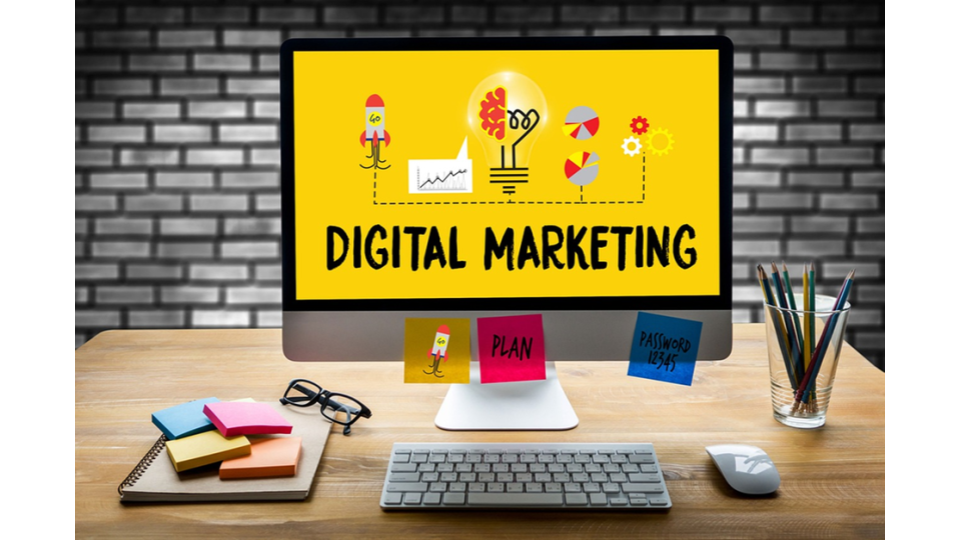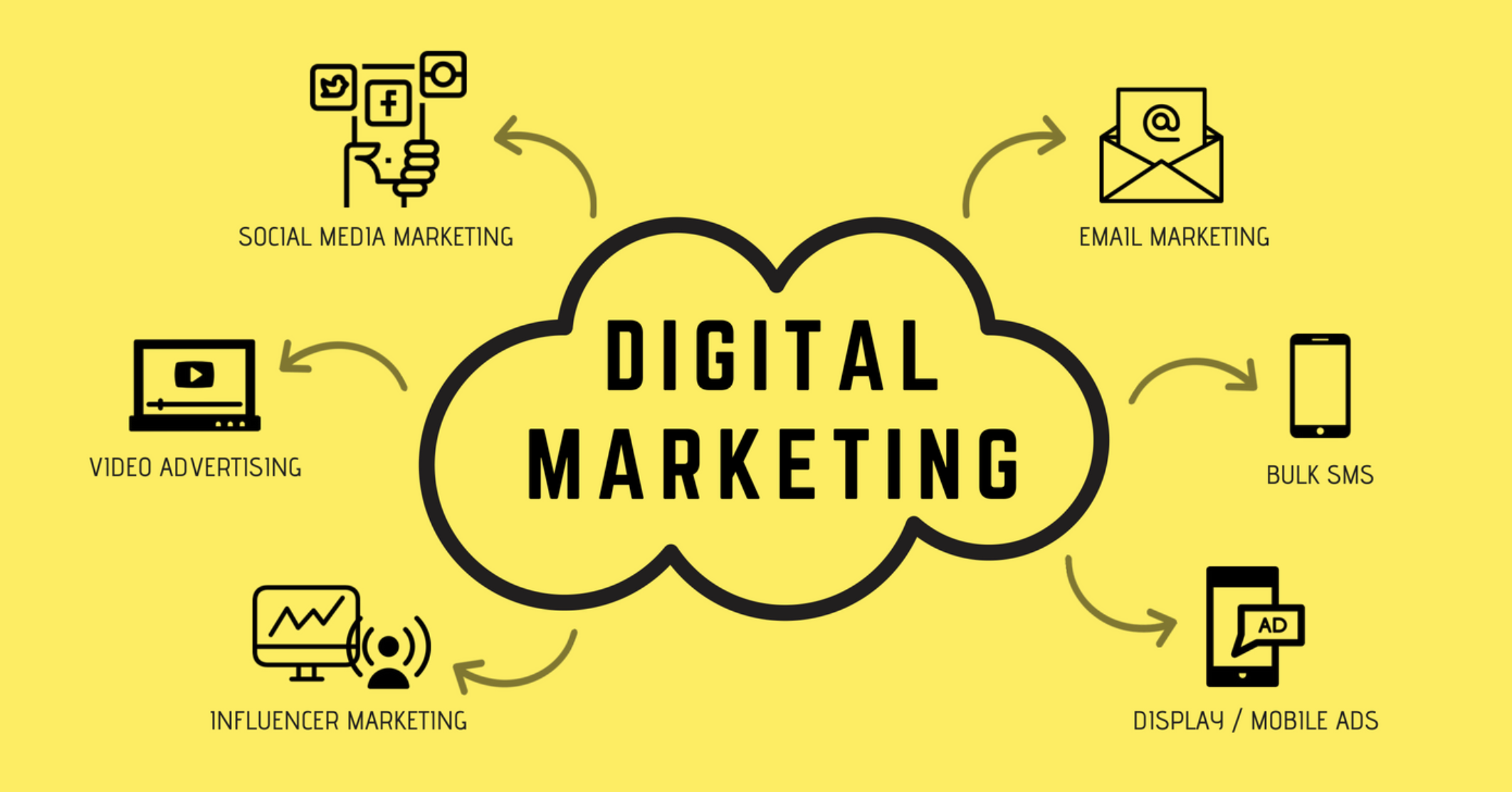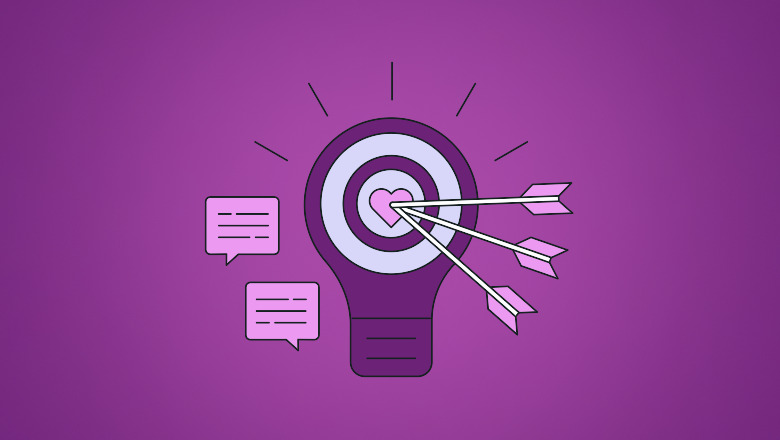Essential Insights for Navigating Digital Marketing Trends
Digital marketing is an integral part of modern business strategy. It influences how companies connect with their audience and grow their brand. With continual digitization, newcomers and seasoned professionals must stay abreast of current trends and techniques. Is it really important? Understanding the basics of digital marketing is no longer optional. You must have the necessary skill set to impact today’s competitive market.
Photo by Prodeep Ahmeed from Pixabay
For beginners, traversing this complex field can be tough. Fortunately, numerous resources, such as paper writing help services, can help you grasp fundamental concepts and apply them effectively. These services provide valuable insights and help streamline the learning process by breaking down complex topics into manageable parts.
Leveraging such resources helps novices build a strong foundation in digital marketing. Besides, it enables them to create and manage effective campaigns that resonate with their target audience. We all know that digital marketing is increasingly intertwined with technology. As such, understanding basic programming concepts can also be beneficial.
For those struggling with the technical aspects, seeking programming assignment help can provide the necessary support to overcome these challenges. This assistance can enhance one’s ability to implement more sophisticated digital marketing strategies, such as automated email marketing, personalized user experiences, and advanced data analytics.
Did you know that over three-quarters of Americans access the Internet daily? 43% go online multiple times daily, and 26% are “almost constantly” connected. These numbers are even higher among mobile Internet users, with 89% going online at least once a day and 31% almost constantly.
As a marketer, it’s crucial to leverage digital marketing through online advertising, brand building, and delivering exceptional customer experiences. A well-crafted digital strategy enhances your brand’s presence, attracts potential customers, and fosters long-term growth.
But first things first. Let’s get to the basics before we can explore digital marketing trends.
What is Digital Marketing?
Using digital platforms including search engines, websites, social media, email, and mobile applications, digital marketing promotes goods, services, or brands. Unlike traditional marketing, which relies on print, television, and radio, digital marketing exploits the power of the Internet and electronic devices to reach a broader and more targeted audience.
It encompasses various techniques, including search engine optimization (SEO), content marketing, pay-per-click (PPC) advertising, social media marketing, email marketing, and analytics. The primary goal of digital marketing is to connect with consumers in the digital space, understand their behaviors and preferences, and deliver personalized and relevant content that drives engagement, conversions, and, ultimately, business growth.
Types of Digital Marketing
Digital marketing employs different strategies to engage audiences and drive business growth through various online channels. Understanding the different types of digital marketing is vital since it helps you create effective campaigns that reach and resonate with target audiences.
1. Search engine optimization (SEO)
SEO involves optimizing a website’s content and structure to improve its visibility on search engines like Google. Businesses can increase their organic search rankings by using relevant keywords, creating high-quality content, and ensuring a user-friendly website design.
The higher a site ranks, the more likely it attract visitors. It leads to increased brand awareness and potential conversions. But there is a catch. SEO is a long-term strategy that requires ongoing effort and adaptation to search engine algorithm changes.
2. Content marketing
This type of digital marketing focuses on creating and distributing valuable, relevant, and consistent content to attract and engage a clearly defined audience. Content marketing includes blogs, articles, videos, infographics, and eBooks that seek to provide helpful information and solve problems for potential customers. Effective content marketing supports SEO efforts by providing fresh, keyword-rich content for search engines to index.
3. Social media marketing
Social media marketing exploits platforms like Facebook, Instagram, Twitter, LinkedIn, and TikTok to promote products and services, engage with customers, and build brand identity. Businesses can reach a broad audience and encourage direct interaction through targeted ads, regular posts, and interactive content. Besides, social media marketing allows for precise audience targeting based on demographics, interests, and behaviors. It’s a powerful tool for personalized marketing.
4. Pay-per-click advertising (PPC)
It’s an online advertising model in which advertisers pay each time users click on one of their online ads. According to Dsquared Media, Google Ads is one of the most popular PPC platforms. It allows businesses to bid on keywords to display their ads at the top of search results. PPC can deliver immediate results since it drives targeted traffic to a website.
5. Email marketing
You already know about this form of digital marketing. Email marketing involves sending promotional messages or newsletters to a list of subscribers via email. It’s highly effective for nurturing leads, building customer relationships, and driving sales.
Personalized and segmented email campaigns can deliver relevant content to specific audience segments, which increases engagement and conversion rates. Woot! Congratulations, you’ve made it this far. Here’s where your learning of digital marketing gets even more interesting.
Current Digital Marketing Trends
In a well-known statement, Alvin Toffler predicted that those unable to learn, unlearn, and relearn will be the uneducated of the twenty-first century, not those who are illiterate. In digital marketing, staying updated with current trends is essential for businesses seeking a competitive edge.
As technology advances and consumer behaviors shift, new trends shape how marketers approach their strategies. Alongside emerging strategies, different regions may see variations in how digital marketing is applied. For instance, a PittsburghSEO Company might focus on local search behavior and audience preferences, illustrating how digital marketing techniques can adapt to specific contexts while following broader industry principles. Here are eight current digital marketing trends that are transforming the industry:
1. Artificial intelligence (AI) and machine learning
Who hasn’t heard about the AI by now? AI and machine learning is revolutionizing digital marketing. They are enabling more personalized and efficient campaigns. These technologies analyze vast amounts of data to predict consumer behavior, optimize ad targeting, and enhance customer experiences. And that’s not all. For instance, AI-powered chatbots provide instant customer support, which improves satisfaction and engagement. AI helps automate tasks, save time, and increase the accuracy of marketing efforts.
2. Voice search optimization
The process of optimizing keywords and keyword combinations for voice assistant queries is known as voice SEO. With the growing popularity of smart speakers and voice assistants like Alexa, Siri, and Google Assistant, optimizing content for voice search is becoming crucial.
Voice search queries tend to be longer and more conversational, requiring marketers to adjust their SEO strategies accordingly. Businesses are now focusing on natural language processing and incorporating long-tail keywords to improve their visibility in voice search results.
3. Video Marketing
Video content continues to dominate digital marketing. Platforms like YouTube, TikTok, and Instagram Reels have gained immense popularity. Videos are highly engaging and can effectively convey complex messages quickly. They are formidable tools for storytelling and brand building. Besides, live streaming has become more prevalent, allowing brands to connect with their audience in real-time and create authentic interactions.
4. Influencer marketing
Retail marketers have long included influencer marketing in their game plans. It’s no secret that influencers can cut through to specific consumers and, ideally, persuade them to buy. Influencers who have built trust and loyalty with their followers can authentically promote products and services to their audience.
Micro-influencers are also gaining traction due to their niche focus and higher engagement rates. Effective influencer marketing involves selecting the right influencers, fostering genuine partnerships, and creating content that resonates with the target audience.
You could even use an influencer marketing service provider to run your Instagram and other social media campaigns right for optimum results.
5. Social commerce
Social media platforms increasingly integrate shopping features to help users purchase products directly from posts and stories. This trend is also known as social commerce. It streamlines the buying process and enhances the customer journey. Such platforms as Instagram, Facebook, and Pinterest offer shoppable posts, making it easier for businesses to convert social media engagement into sales.
6. Personalized marketing
Personalization is critical to standing out in the crowded digital marketplace. Brands exploit data analytics and customer insights to deliver tailored content and offers to individual users. Personalized marketing enhances customer experiences, builds loyalty, and increases conversion rates. Techniques such as dynamic content, customized email campaigns, and product recommendations based on browsing behavior are effective ways to implement personalization.
7. User-generated content (UGC)
Text, photos, videos, reviews, and other types of information are all considered user-generated content (UGC) created by people rather than brands. Encouraging customers to create and share content related to a brand helps build trust and authenticity. UGC, such as reviews, testimonials, and social media posts, serves as social proof and influences purchasing decisions. Brands increasingly leverage UGC by featuring it on their websites, social media channels, and marketing campaigns.
8. Augmented reality (AR) and Virtual reality (VR)
AR and VR technologies transform how consumers interact with brands since they offer immersive and interactive experiences. AR applications allow customers to visualize products in their real-world environment, which enhances the shopping experience. On the other hand, VR provides virtual tours and simulations that enable users to explore products and services in a virtual setting.
Tools and Techniques for Effective Digital Marketing
If you are a digital marketer looking to boost your marketing strategies and ROI, you will want to know about specific tools to make things easier. Effective digital marketing relies on various tools and techniques that help businesses reach their target audience, optimize campaigns, and measure success.
It’s crucial to employ the right methods to enhance efficiency, drive better results, and provide valuable insights into consumer behavior. The following are essential tools and techniques for effective digital marketing.
a. SEO tools like Google Analytics, Ahrefs, and Moz
b. Social media management platforms like Sprout Social, Hootsuite, and Buffer ● Content management systems (CMS) like WordPress, Drupal, and Joomla
c. Email marketing services like Sendinblue, Constant Contact, and Mailchimp
d. PPC advertising tools, including Google Ads, Bing Ads, and Facebook Ads Manager
e. Analytics tools
f. Marketing automation tools such as Marketo, Pardot, and HubSpot Marketing Hub
g. Keyword research tools like SEMrush, Ubersuggest, and Google Keyword Planner
h. A/B testing tools like Optimizely, VWO, and Google Optimize
i. Graphic design tools such as Adobe Creative Cloud, Canva, and Figma
j. Influencer marketing platforms
Next Level Digital Marketing!
Digital marketing is a continuously changing field. Organizations must keep up with the newest techniques and patterns to thrive and remain in business. Incorporating the strategies, tools, and methods discussed herein into your digital marketing strategy can significantly enhance your ability to reach and engage your target audience.
It's crucial to remember that, based on their unique objectives and target market, various firms will benefit from different technologies. There is no better quote for this than this line, “In a world that’s constantly changing, the biggest risk you can take is to stay still.” You must change and evolve to maintain a competitive edge. Using AI, optimizing for voice search, creating engaging video content, and utilizing social media and influencer marketing can help you make impactful marketing campaigns that drive results.










